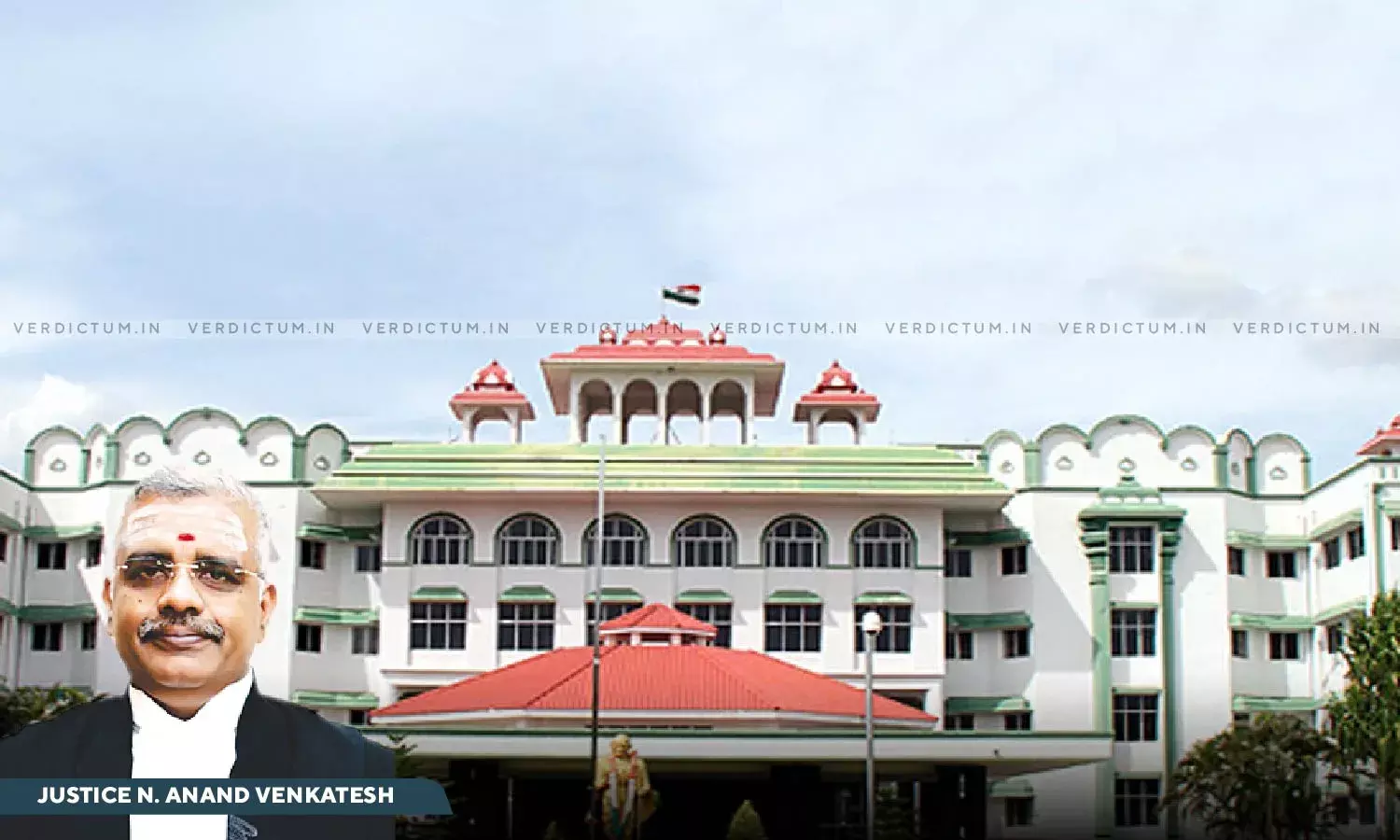AYUSH Treatment Must Get Same Weightage As Allopathic Treatment In Health Insurance Policies: Madras HC To IRDAI

The Madras High Court observed that AYUSH treatment must get the same weightage as is given to alopathic treatment.
The court said that a person, who chooses to undergo AYUSH treatment should be entitled to receive the insurance amount towards the expenses incurred by him, as is done to a patient who undergoes alopathic treatment.
The Court directed the Insurance Regulatory and Development Authority of India (IRDAI) to consider its suggestion to amend existing insurance policies to ensure that AYUSH treatment receives comparable weightage.
The Bench of Justice N. Anand Venkatesh observed, “The third respondent must bear in mind that the traditional treatment in India which falls under the head of AYUSH treatment must also be encouraged and it must get the same weightage as is given to alopathic treatment and a person, who chooses to undergo AYUSH treatment should be entitled to receive the insurance amount towards the expenses incurred by him, as is done to a patient who undergoes alopathic treatment. This has to be implemented by the third respondent in all future policies”.
Advocate K Ravi appeared for the Respondents.
The Petitioners approached the High Court seeking directions against the M/s.Star Health and Allied Insurance Company to award full reimbursement of the amount claimed under the insurance policy. The Petitioners, an advocate and an advocate clerk, had insurance policies with Star Health and Allied Insurance Company. The advocate sought reimbursement of Rs.52,250 for COVID-19 treatment, while the clerk sought reimbursement of the same amount. However, only Rs.15,000 and Rs.10,000 were reimbursed in the respective cases.
The Petitioners argued that when they purchased the policies in 2009, there was no separate cap for reimbursement in AYUSH Hospitals, and it was treated similarly to allopathic treatment. They contended that expenses incurred at Siddha Hospital should be reimbursed. In contrast, the Insurance Company, citing IRDA regulations, asserted that a maximum cap of Rs.15,000 and Rs.10,000 was fixed for policies of Rs.5 lakhs and Rs.4 lakhs, respectively, for AYUSH treatment, and these amounts were already reimbursed to the petitioners.
The Court noted that a broader issue arose from the COVID-19 pandemic, where traditional medicines, particularly AYUSH, were recommended. Allopathy had limitations, and AYUSH treatments provided substantial relief. The Court observed that it was unreasonable to restrict the reimbursement cap for AYUSH treatments and directed the Insurance Regulatory and Development Authority of India (IRDAI) to consider equalizing coverage for allopathic and AYUSH treatments in future policies.
The Court also directed the IRDAI to implement this approach, taking note of a new AYUSH plan policy introduced by Star Health and Allied Insurance Company Limited, which already covers AYUSH treatments on par with allopathic ones.
Accordingly, the Court disposed of the Petitions.
Cause Title: K. Krishna and Anr v The Managing Director (2023/MHC/5221)

